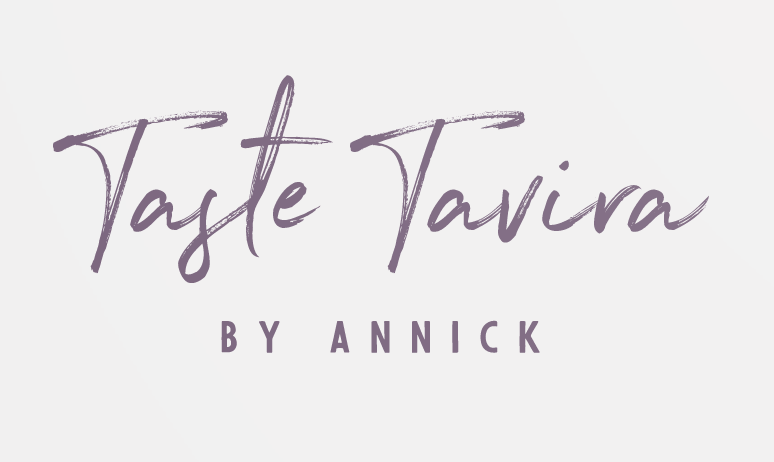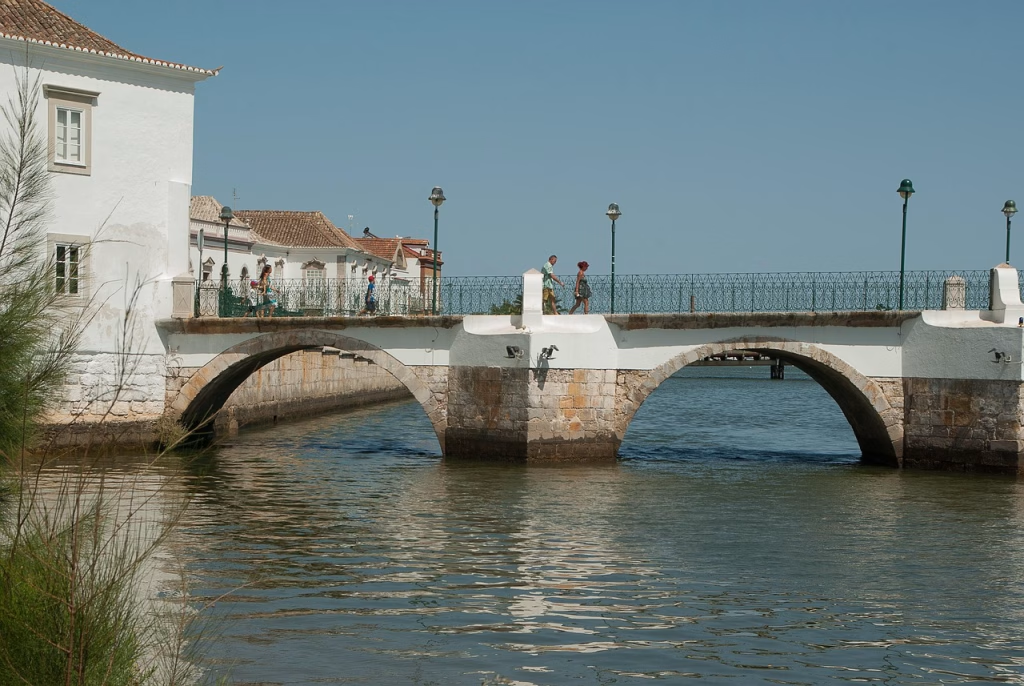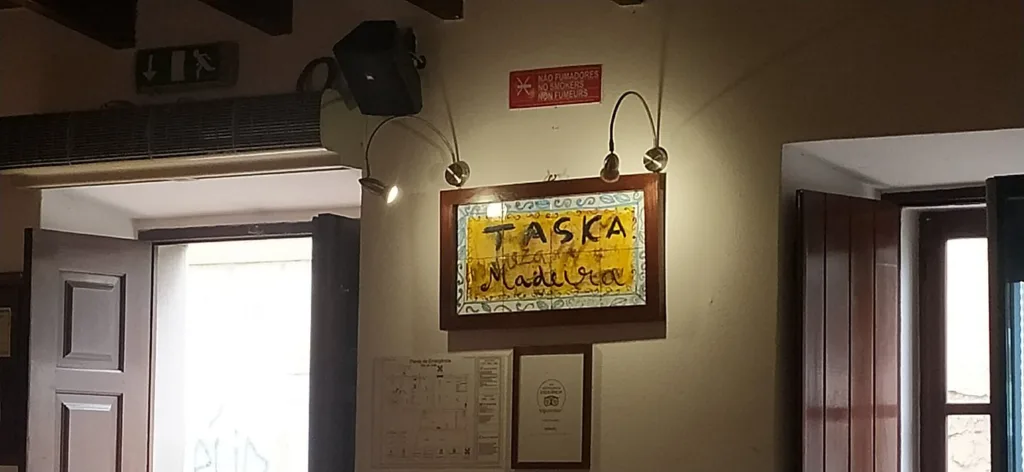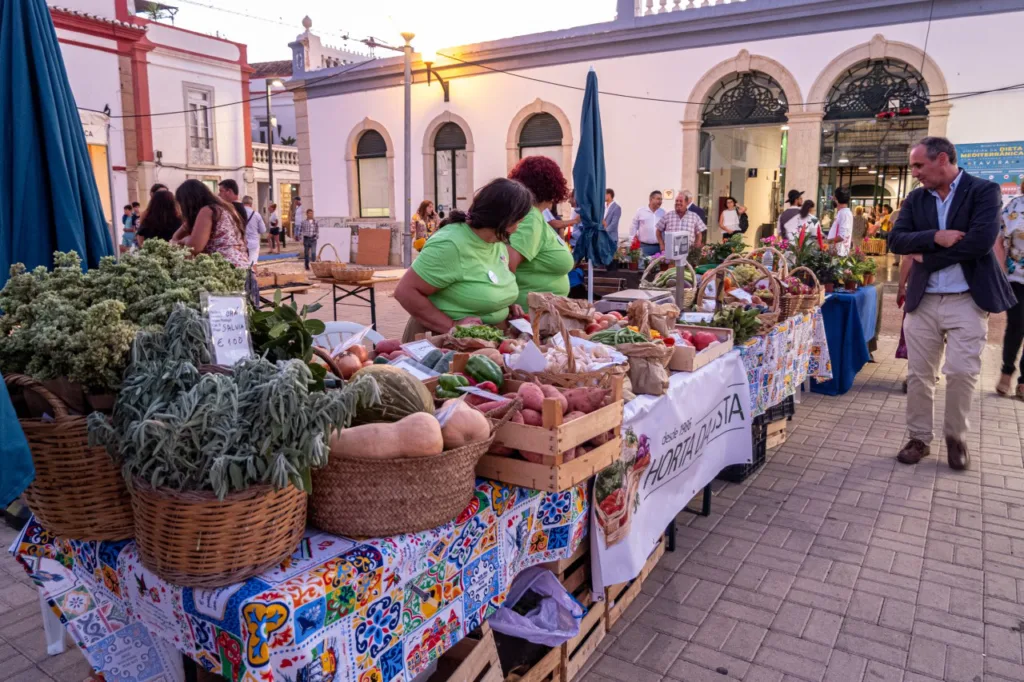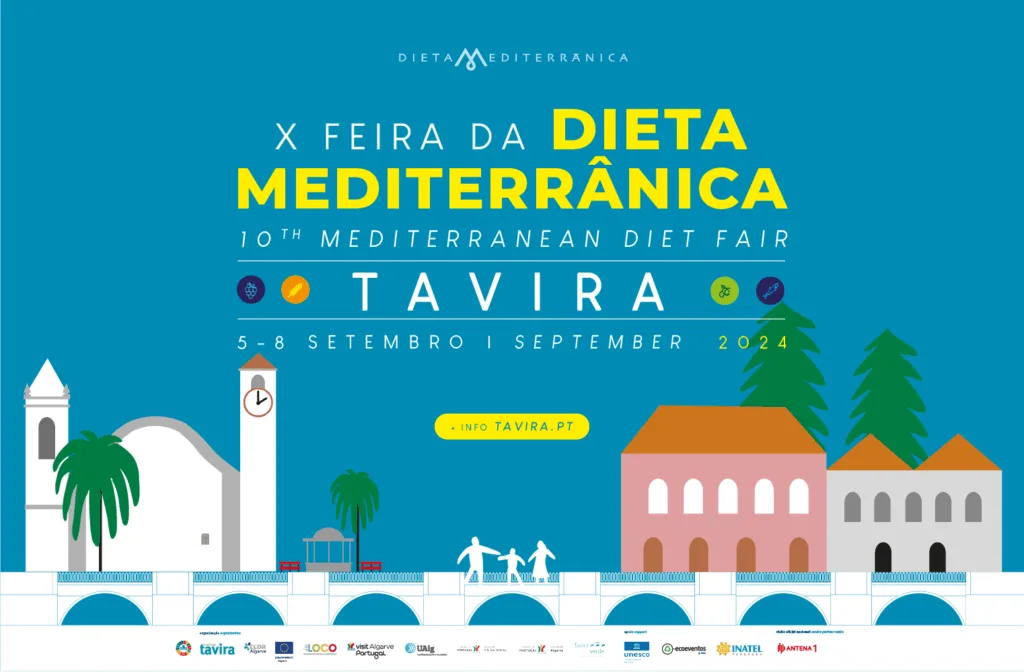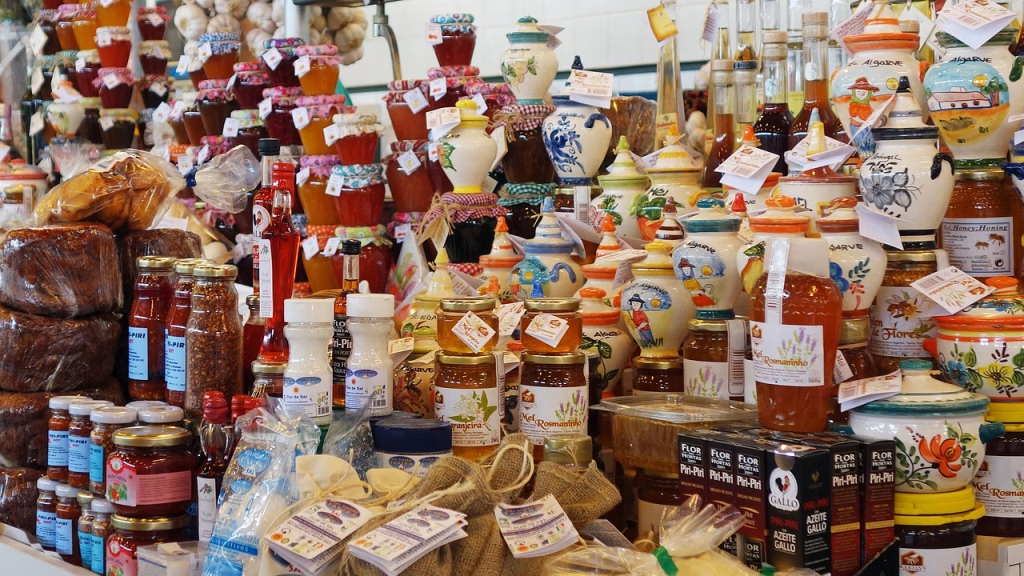You may walk past one without noticing. A rusted wheel, half-buried in bougainvillea, wooden buckets barely holding on, and a mysterious circular track on the ground. Yet what you’re seeing is part of an ancient irrigation system — a nora, or Moorish waterwheel — that has quietly shaped the Algarve landscape for centuries.
These beautiful relics from Islamic Iberia are more than a curiosity. They are a reminder of Tavira’s layered past, its agricultural genius, and its connection to the rhythm of water and land. And the best part? One of them is hidden just 50 metres from our front door at Taste Tavira AL .
🏺 From Al-Andalus to Algarve: The Origins of the Nora
The nora (from Arabic: ناعورة na‘ūra) was introduced to the Iberian Peninsula during the Moorish period, between the 8th and 13th centuries, when Islamic rule flourished in the Algarve. The Moors brought with them advanced water management techniques — from terraced farming to cisterns, and of course, waterwheels.
Unlike vertical mills used for grinding grain, the nora is a horizontal irrigation system. Powered by animal strength — typically donkeys, mules, or oxen — the wheel turned continuously, lifting water from a well via a loop of clay or wooden buckets.
Technical detail:
Each turn of the wheel could lift several litres of water from as deep as 10 meters and even more, spilling into aqueducts that distributed the water across terraced fields of figs, carob, almonds, and olives.
Many of these systems remained in use well into the 20th century. Today, most stand still — silent witnesses to a time when water, not Wi-Fi, was the most precious resource.
🧭 Discover a Waterwheel Near Taste Tavira AL
Right at the corner of Rua Maria de Lurdes Braga Teixeira and Rua de Santo Estêvão , you’ll find a small, hidden gem: a complete nora with its original donkey wheel, gear system, and even the wooden buckets still intact . I discovered it on a quiet morning walk, and now it’s a stop I recommend to every curious guest.
It’s tucked against a white wall, just behind some garden fencing — easy to miss if you’re not looking. But once you spot it, you’ll see the full mechanism: the gear cogs, the track where the donkey walked, and even the faded wood where hands once repaired the rig.
Another small wonder lies just down the road, in Rua Manuel Virgínio Pires , on the small square that leads to the “Secret” restaurant of Jorge and Lia . Here, a deep Moorish-style well reminds us of the silent systems that sustained entire communities — cool water, drawn by hand or beast, in the hot Algarve sun.
These waterwheels weren’t just about function — they were engineering landmarks. The wheel at the highest point of the backland trails likely served several small farms. Water flowed by gravity to lower fields, guided by narrow stone channels still visible if you venture off the main paths by foot or by bike
By Bike or Car: Spotting Wells Across the Landscape
As you drive or cycle through Tavira’s rural backroads keep your eyes open: water wells are everywhere . Dotted across farmland, tucked between citrus trees or hidden behind crumbling stone walls, these stone-ringed wells are a quiet but powerful sign of the Algarve’s agricultural soul.
Many of these wells are dry now, but they remain — in circles of stone, rusted pulleys, and the occasional crank still intact — a kind of archaeological poetry in plain sight . Whether on foot, bike, or behind the wheel, it’s a slow adventure of looking closely and letting the land tell its story.
🌿 Why These Waterwheels Still Matter
In today’s age of apps and automation, it’s humbling to see how water was lifted, bit by bit, using nothing more than gravity, animal power, and ingenuity. These systems shaped Tavira’s fertile valleys and made year-round farming possible in a sun-baked region.
They are also architectural hybrids : a blend of Roman engineering and Arab design. You’ll find them nowhere else in Europe quite like this.
📸 Photo Suggestions for Your Facebook or Insta
- Detail shot of the rusted gear teeth
- The turning circle where the donkey walked
- Side-by-side comparison: modern pump vs nora
- Old map overlay of irrigation systems
- Soft light silhouette with bougainvillea background
✨ Final Thought
So next time you’re in Tavira Tavira AL, pause beside that old wheel. Feel the sun on your back, the quiet buzz of insects in the dry air — and listen, just maybe, for the echo of hooves and the splash of water in motion. The noras may have stopped turning, but their story is still flowing.


